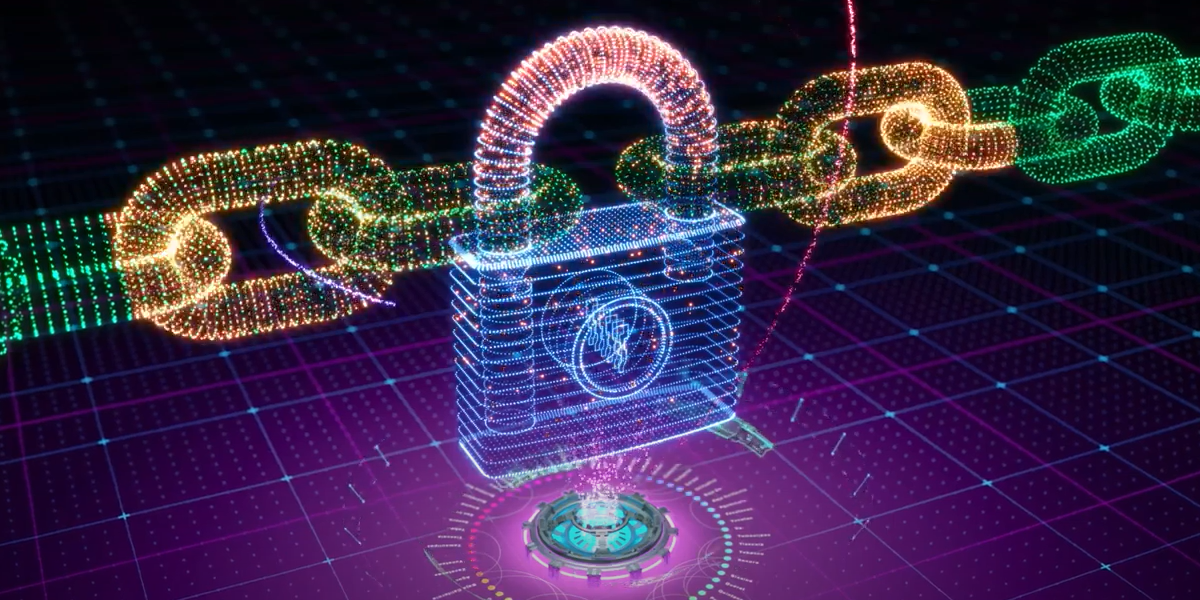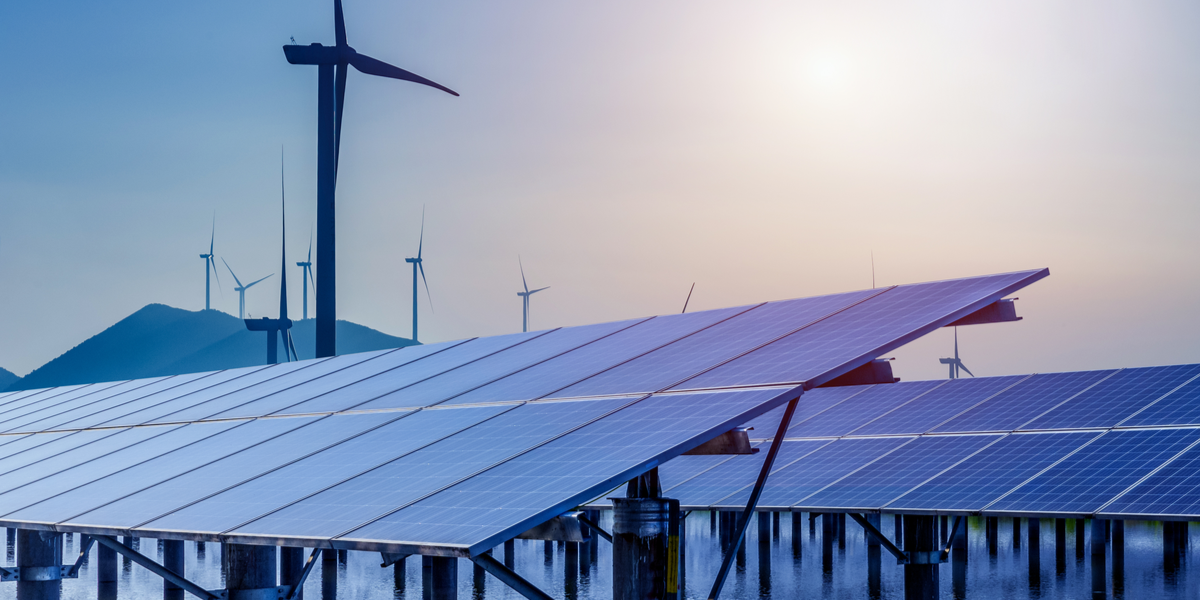4 Tips to Increase Fuel Efficiency and Drive Smarter
Let's Save Energy
Alliance to Save Energy's Blog
4 Tips to Increase Fuel Efficiency and Drive Smarter

As we celebrate the Alliance’s 45th anniversary this year, we’re discovering that in many ways, the past repeats itself. The Alliance was founded in 1977 in the wake of the oil crisis, as gas prices surged by up to 400% and drivers waited in long gas station lines for a chance to fill up their tanks. Today, as the average gas price has surged above $4/gallon and energy security is once again a dinnertime conversation, you can almost hear the voices of the Alliance’s founders whispering of a reliable solution: energy efficiency.
This isn’t the first time this history has repeated itself. In the midst of the 2008 recession, oil prices hit an all-time high, jumping past $147 a barrel. In response, not only did the Alliance call on the federal government to invest in long-term fuel saving policies, but we also launched a public education and outreach initiative: the Drive $marter Challenge.
With this campaign, the Alliance brought together partners including NASCAR and the Walmart Foundation to empower consumers with tips and resources to drive more efficiently to lower their gasoline costs. Through a variety of outreach techniques – podcasts, outdoor advertising, tip cards and an interactive website that attracted close to 100,000 visitors within the first few months of operation – the initiative ultimately saved consumers $1,234,543; 334,543 gallons of gas; and 34,543 metric tons of CO2.
The present day seems like a great time to “drive smarter” again. The majority of Americans are now worried about energy costs - and yet, little is being done to conserve gas and reduce the energy demand. That’s why we’re resurrecting our list of tips to steer you in the right direction toward savings to drive more efficiently.
Here are 4 tips for driving efficiently and saving money on gas.
1. Check your tire pressure.
Underinflated tires are always a threat to your gas mileage, but can be especially inefficient in cold weather — for every 10 degrees Fahrenheit drop in temperature, tires will lose about 1 psi of pressure. Keep an accurate tire pressure gauge in your glove box and inflate your tires to the pressure listed in your owner’s manual. Even as many areas of the country are enjoying warm, spring weather, be sure to check your tire pressure often during cold snaps.
2. Be a patient driver.
Be aware of efficiency even when you have room to zoom on the highway. Speeding, rapid acceleration, and braking “can lower your highway gas mileage by 15% to 30% and your city mileage by 10% to 40%,” according to DOE. Try using cruise control on the highway to maintain a constant, efficient speed. Avoid driving at high speeds if possible, as gas mileage drops rapidly above 50 mph.
Whenever you’re stuck in stand-still traffic, minimize idling your car for more than 10 seconds by turning off your engine instead. According to the Department of Energy, “Idling can use a quarter to a half gallon of fuel per hour […] adding up to three cents of wasted fuel a minute.” Since it only takes about 10 seconds worth of fuel to restart your car, turning off the engine will save more fuel.
3. Pack light and tight.
A heavier car will be less efficient to drive! According to DOE, “An extra 100 pounds in your vehicle could increase your gas costs by up to $.03 cents per gallon.” Pack items away inside your car or your trunk, as roof racks cause drag that can “decrease your fuel economy by up to 8% in city driving and up to 25% at interstate speeds.” If necessary, opt for rear-mount cargo boxes or trays instead, which reduce fuel economy by much less. Remember to remove external cargo containers when not in use.
4. Need a new car? Consider purchasing an EV.
Are you considering switching to an electric vehicle after being burdened by high gas prices? You’re not alone. Searches for “green vehicles” on one car reviews website jumped 37% in March as fuel prices soared. Even before this spike in gas prices, electric vehicle production was growing - EVs dominated DOE and the Environmental Protection Agency’s 2022 Fuel Economy Guide as some of the most fuel-efficient cars.
Many EVs still come with a hefty price tag, but have a considerable savings potential. According to Consumer Reports, electric car owners “can expect to save an average of $800 to $1,000 a year on fueling costs over an equivalent gasoline-powered car.” And federal tax credits — like 30D — can cover up to $7,500 in credit for the purchase of a plug-in electric vehicle.
These steps may seem small, but they can go a long way in increasing your cost savings and your vehicle’s fuel efficiency. For more tips on saving money, read our blog on avoiding a high energy bill. Learn more about how the Alliance is supporting energy-efficient transportation with our 50x50 Transportation Action Network.
STAY EMPOWERED
Help the Alliance advocate for policies to use energy more efficiently – supporting job creation, reduced emissions, and lower costs. Contact your member of Congress.
Energy efficiency is smart, nonpartisan, and practical. So are we. Our strength comes from an unparalleled group of Alliance Associates working collaboratively under the Alliance umbrella to pave the way for energy efficiency gains.
The power of efficiency is in your hands. Supporting the Alliance means supporting a vision for using energy more productively to achieve economic growth, a cleaner environment, and greater energy security, affordability, and reliability.



